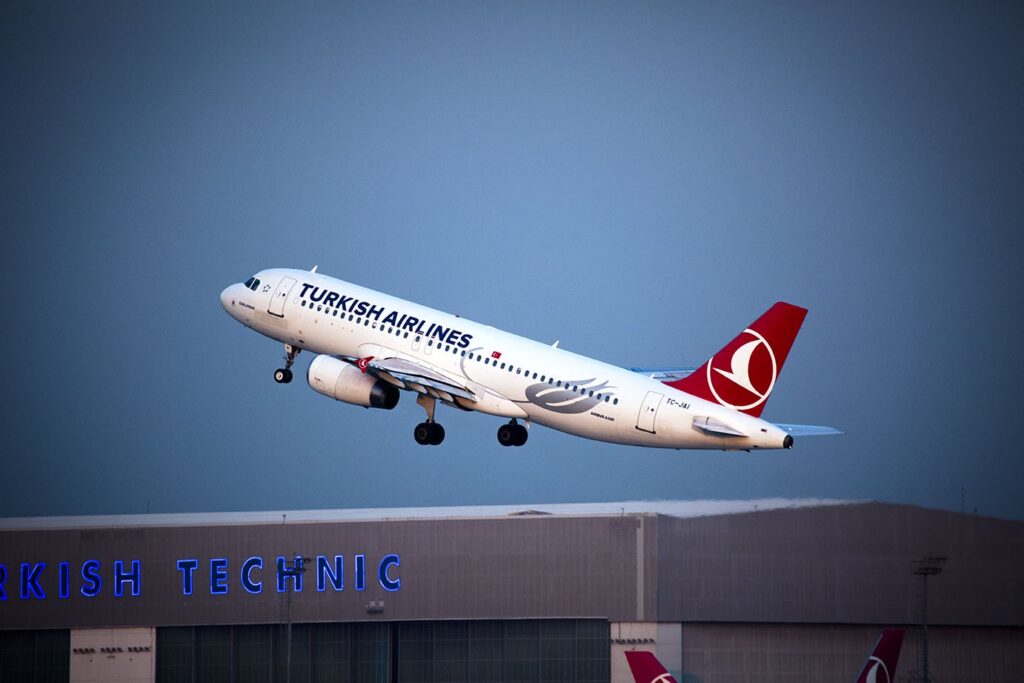Turkish Airlines has signed a comprehensive codeshare agreement with South Africa-based Airlink to increase its presence in Africa.

agreement
This took place at a ceremony held at Airlink's headquarters in Johannesburg. The contract will come into effect on August 1, 2025. Senior executives from both companies attended during the ceremony and signing the contract.
The collaboration has integrated Turkish Airlines' global network with Airlink's domestic and regional routes across South Africa. This allows travelers to travel with just one ticket, giving travelers more options when visiting the area. This is because the partnership allows for multi-sector travel with a single ticket, providing greater flexibility and convenience for international and regional travelers. Turkish Airlines will integrate the TK code into Airlink-operated flights as part of the agreement. The integration will allow for seamless connectivity from Turkish Airlines flights to Cape Town and Johannesburg to a network of networks to a wide range of destinations in South Africa and the region.

Deepen the connection
The partnership will provide a way for Turkish airlines to promote strategic growth in Africa and strengthen the region's presence. Levent Konukcu, Chief Investment and Strategy Officer of Turkish Airlines, highlighted the role of contracts to enhance airline connectivity across South Africa and the region. Konuk said:
“We aim to improve the partnership to maximize travel opportunities offered to our guests. We believe this partnership will not only benefit both airlines from a commercial standpoint, but will also improve cultural and tourism relations between the two countries.”
Airlink CEO De Villiers Engelbrecht said the partnership with Turkish Airlines is an important step in strengthening the relationship between the two careers. Engelbrecht said:
“The agreement is further endorsement of the Airlink brand, but for each customer it means world-class service and more convenient travel options that combine ours to make it easier to access destinations across the entire large route network.”
What do you think about this collaboration? Leave a comment below.


